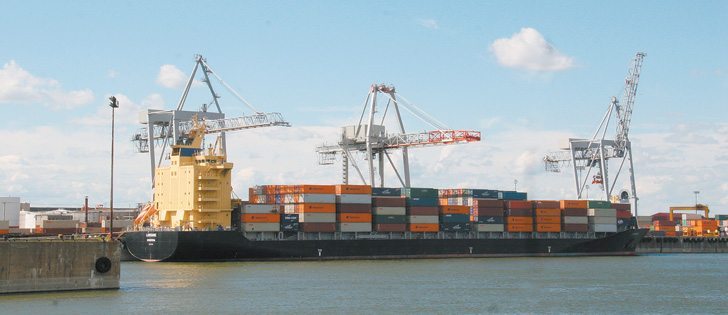The terrible costs being exacted across Western Canada by rising flood waters have been well documented.
Millions of dollars are being allocated to compensate for personal and business damage and for thousands of acres of land permanently lost to farming. Mounting infrastructure replacement and repairs will also sap additional untold millions from federal, provincial and municipal treasuries through disaster relief programs.
The federal government provides cost sharing programs to provincial governments that are designed to provide post disaster assistance to businesses and individuals.
Eligible expenses include restoration, replacement or repairs of immovable property such as a dwelling place, apartment or farm building. Other items that qualify for assistance include the repair or replacement of furnishings, including appliances, and clothing, as well as assistance in the restoration of small businesses where the owner’s business has been destroyed.
Read Also

Rural communities can be a fishbowl for politicians, reporter
Western Producer reporter draws comparisons between urban and rural journalism and governance
Costs that could be recovered through insurance would not be eligible for assistance. Neither would costs covered by another government program or costs for damage to property or facilities that previously received assistance to prevent such damage.
But how are those disaster relief payouts treated in the hands of taxpayers?
Because the federal government is reimbursing provincial governments for payments they have made to taxpayers, the tax treatment of these payments will depend on the nature of the payment made by the province.
A Canada Revenue Agency official said that the payments would be considered taxable income if Saskatchewan issued a T slip for them. If the province doesn’t issue a T slip, then presumably the payments would not be considered income.
Because this was a comment from only one CRA official, it remains to be seen whether CRA sticks with this position.
Payments are generally not included in income for tax purposes if an individual receives them from the government for personal losses and expenses incurred as a result of a disaster, including payments for temporary housing and meals during the disaster.
As well, government compensation received for loss or damage to personal-use property does not necessarily result in tax consequences.
However, assistance received for capital property, whether business-related or personal, is ordinarily netted against the cost of the repairs made to that property. If assistance is for the replacement of that property, it normally reduces the cost or capital cost of the property.
As a result, government assistance for businesses will be included in the recipient’s income or treated as proceeds of disposition, depending on whether the reimbursed expenditure is of a current or capital nature.
Larry Roche is a tax analyst with Farm Business Consultants Inc. Contact: fbc@fbc.ca
or 800-860-7011.














